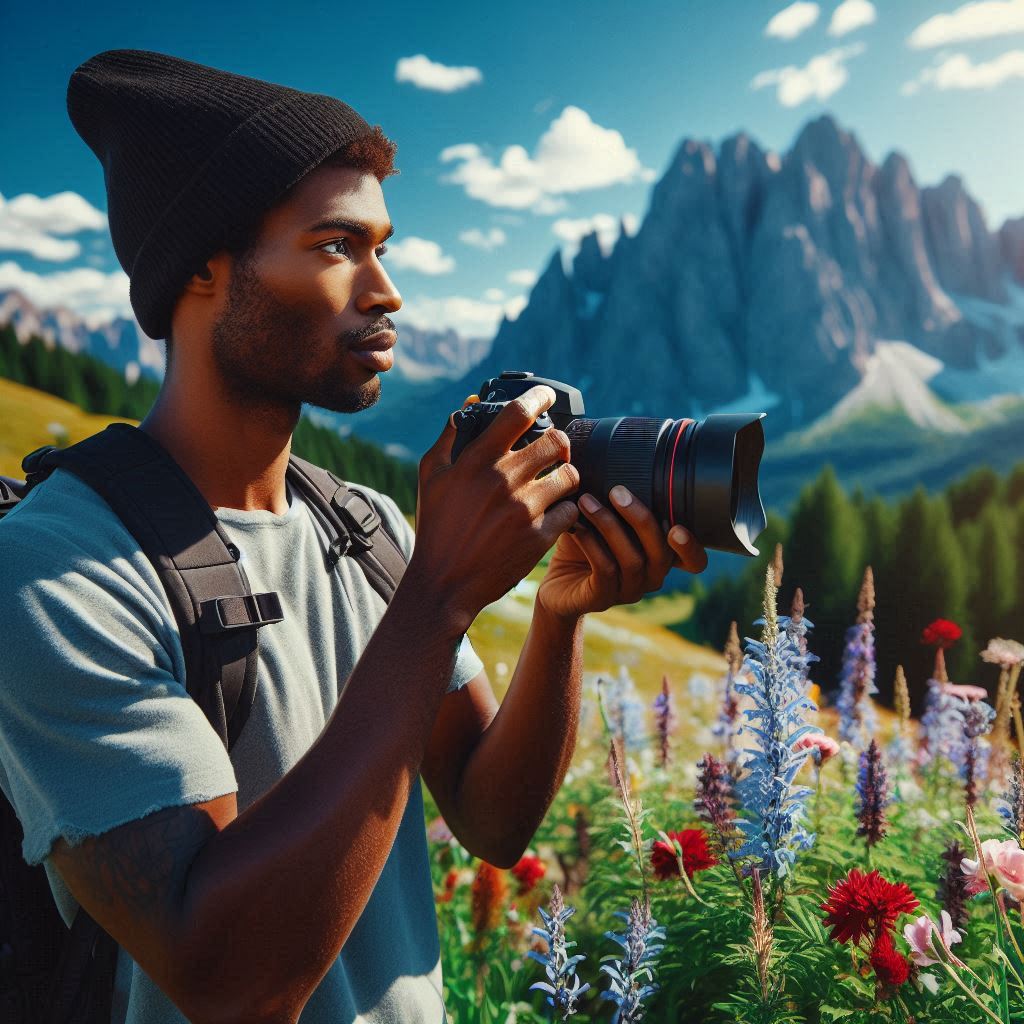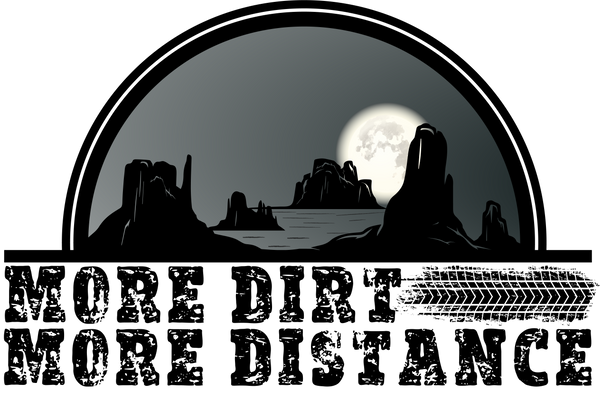
New Law Eases Filming Restrictions in U.S. National Parks
Share
New Law Eases Filming Restrictions in U.S. National Parks
In a significant move for content creators, President Joe Biden recently signed the Expanding Public Lands Outdoor Recreation Experiences (EXPLORE) Act into law.

What Changed?
Previously, all commercial photography and videography projects in national parks required permits, which could be costly and were often denied. The new law, however, allows small-scale commercial projects to film without permits, provided they meet certain criteria. This means that crews of fewer than six people can now film for fun or profit without the need for a permit, as long as they follow park regulations and do not negatively impact the park's resources or other visitors.
Why This Matters
This change is a victory for content creators, including wedding photographers, indie filmmakers, and YouTubers. The previous restrictions were seen as limiting, especially for small, independent photographers who couldn't afford the high permit fees or risk rejection. The new law aims to protect First Amendment rights and make it easier for filmmakers to share the beauty and stories of national parks.
Exceptions and Guidelines
While the new law eases restrictions, it still requires permits for large-scale commercial productions. Permits are necessary for projects that could damage resources, create disruptions, or pose safety risks. The Secretary of the Interior has the authority to deny access for filming that doesn't meet the guidelines.
The Impact
The EXPLORE Act also includes provisions for identifying new bike trails and establishing new campsites, aiming to enhance outdoor recreation experiences. This comprehensive approach reflects a broader effort to make national parks more accessible and enjoyable for everyone
Conclusion
The new law is a significant step forward for content creators, offering more freedom to capture the natural beauty of national parks without the burden of permits and fees. It's a win for both the creative community and the public, who will benefit from more diverse and engaging content showcasing America's stunning landscapes.
What do you think about this change? Do you see yourself taking advantage of it for any projects?
